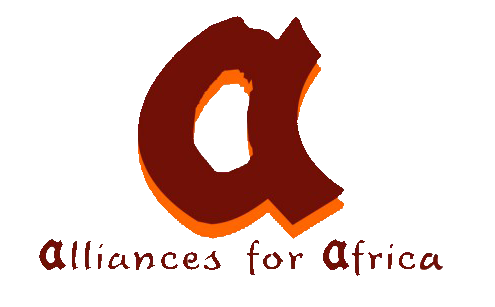Statement by Alliances for Africa at the73rd Ordinary Session of the African Commission on Human and Peoples’ Rights
Honorable Chairperson of the ACHPR,
Alliances for Africa is an international African-led non-governmental human rights, peace and sustainable development organisation. AfA works with partners in, around and beyond the continent of Africa. Alliances for Africa is a member of the Solidarity for African Women’s Rights (SOAWR), a coalition of over 70 organisations working on women’s rights in 32 countries in Africa. SOAWR was formed with the principal objective of advocating for the ratification, domestication and implementation of the Protocol to the African Charter on Human and Peoples’ Rights on the Rights of Women in Africa (the Maputo
Protocol), which was adopted 19 years ago. All state parties to the Maputo Protocol and the African Charter must ensure that every individual can enjoy the best attainable state of physical and mental health, including sexual and reproductive health. This obligation includes the duty to put legislative, budgetary, programmatic, administrative and other measures that progressively ensure access to health information and services and the immediate duty to refrain from taking any measures that infringe on this right. The SOAWR Coalition notes with concern an increase in regressive declarations and measures aimed at attacking the enjoyment of sexual and reproductive health rights. For instance, during the most recent United Nations General Assembly session, Nigeria led a number of African countries in opposition to the resolution on International Cooperation on Access to Justice for Survivors of Sexual Violence. The countries opposed the resolution because it called on states to recognise the intersectional nature of discrimination and to provide access to modern contraception, including emergency contraception, and safe abortion to the full extent allowed by their national laws. These obligations are not inconsistent with states’ obligations under the Maputo Protocol, which Nigeria ratified without any reservations. Thus, this action by Nigeria implies an intention to renege on its obligations under the Maputo Protocol and other international human rights instruments to ensure access to contraceptives and safe abortion services. Similarly, the Lagos State government recently withdrew guidelines on the provision of safe and legal abortion services because of public outcry caused by widespread misinformation campaigns. This regressive trend has been witnessed continentally for some years. For example, in 2017, Tanzania banned pregnant girls from attending school and returning to school after delivery. This ban was only partially lifted in 2021. Also, in 2020, Uganda adopted the Revised Guidelines for the Prevention and Management of Teenage Pregnancy in School Settings which call for the forced pregnancy testing of all adolescent girls in school at least once a term. We urge the Commission to remain seized of these regressive trends that are becoming pervasive on the continent. We urge the Commission to call on states to put in place measures to safeguard against regression in sexual and reproductive health and rights and include in their reports the measures that they have put in place to ensure the availability, accessibility, acceptability and quality of all health services and information including the full range of sexual and reproductive health services.





Leave a Reply
Want to join the discussion?Feel free to contribute!